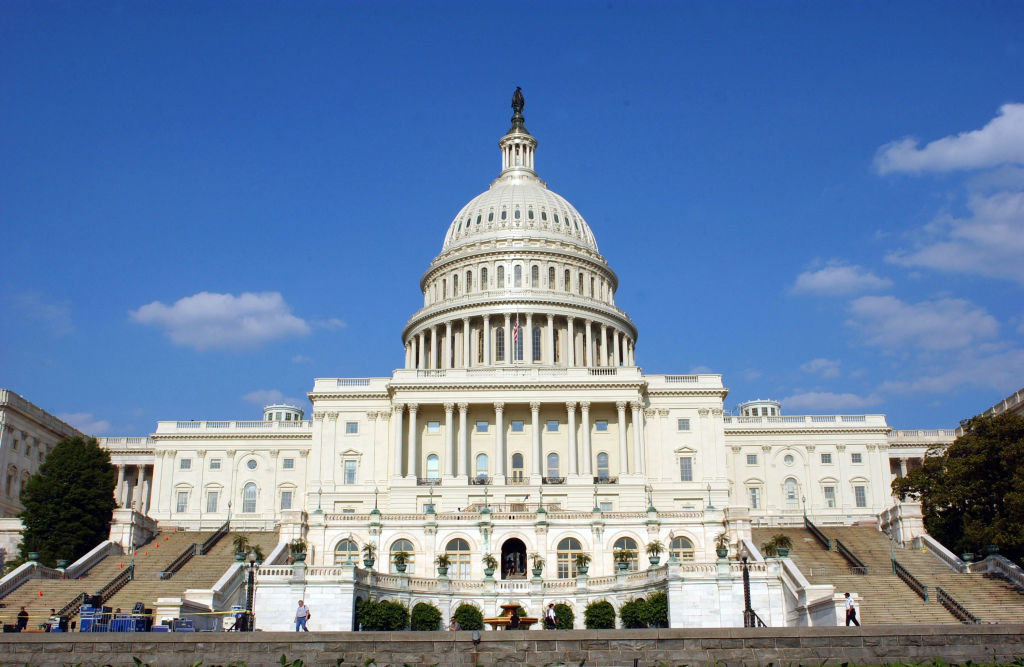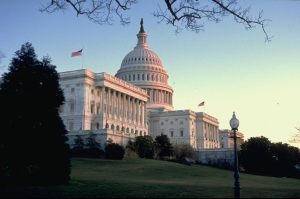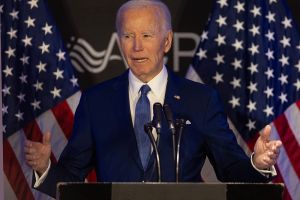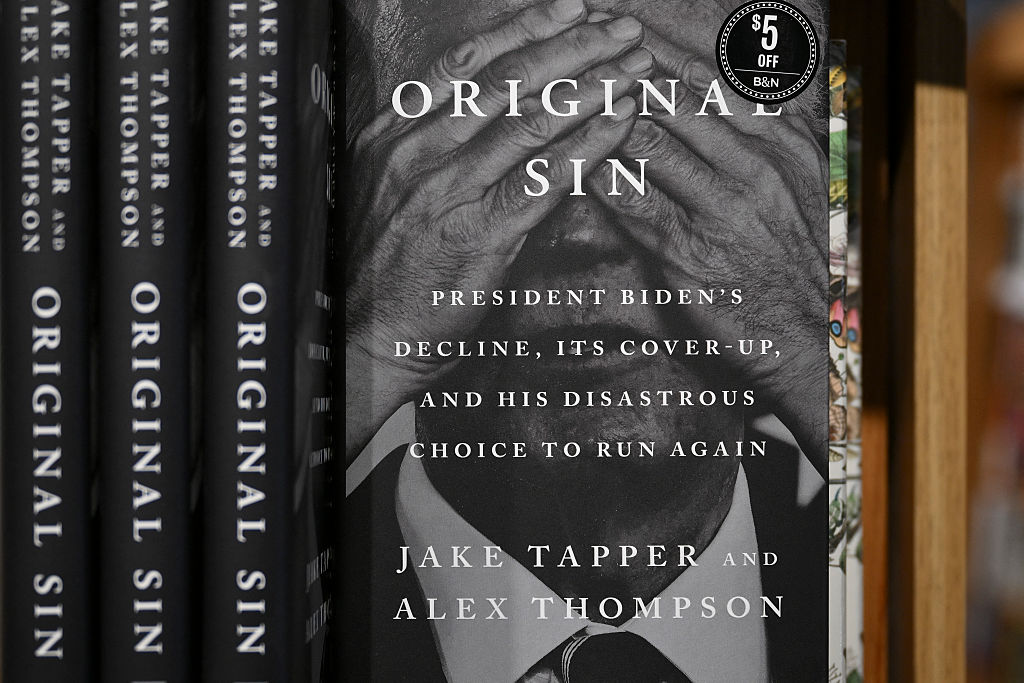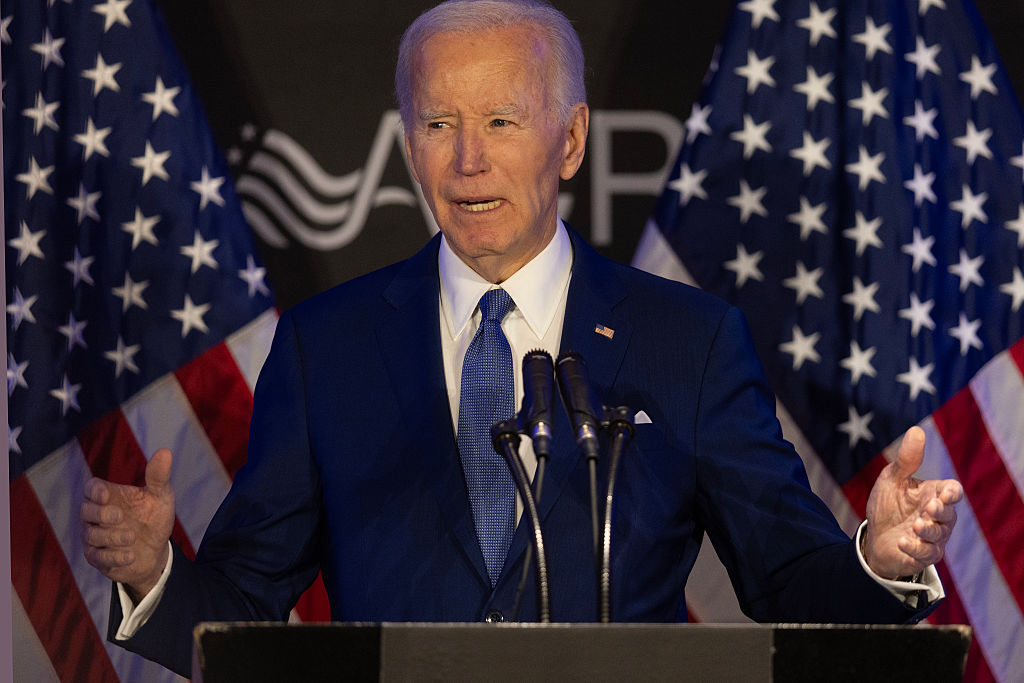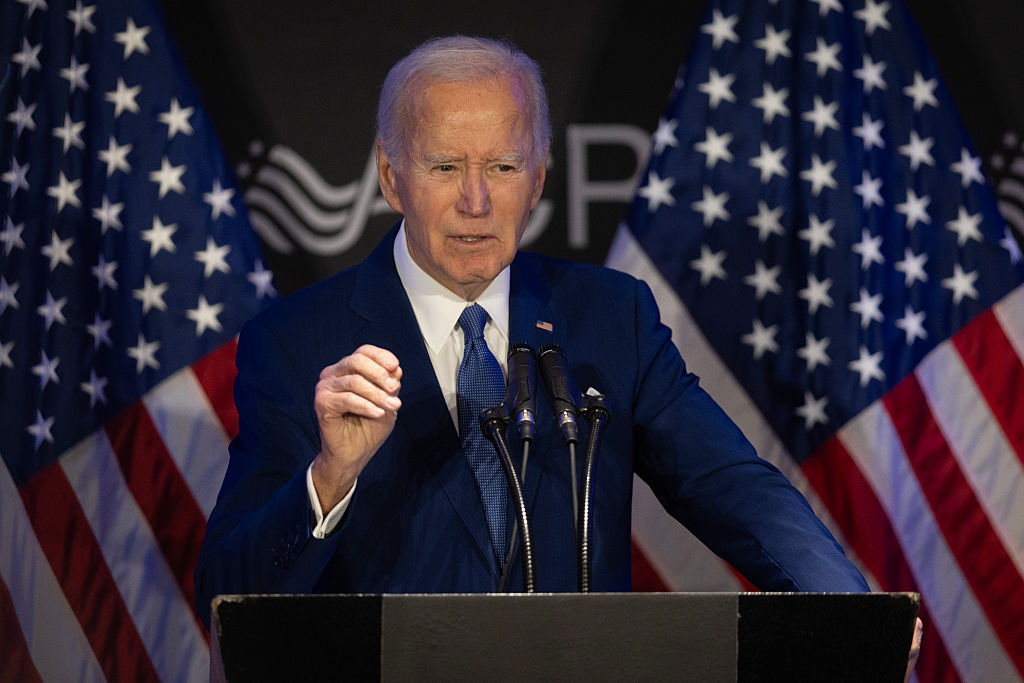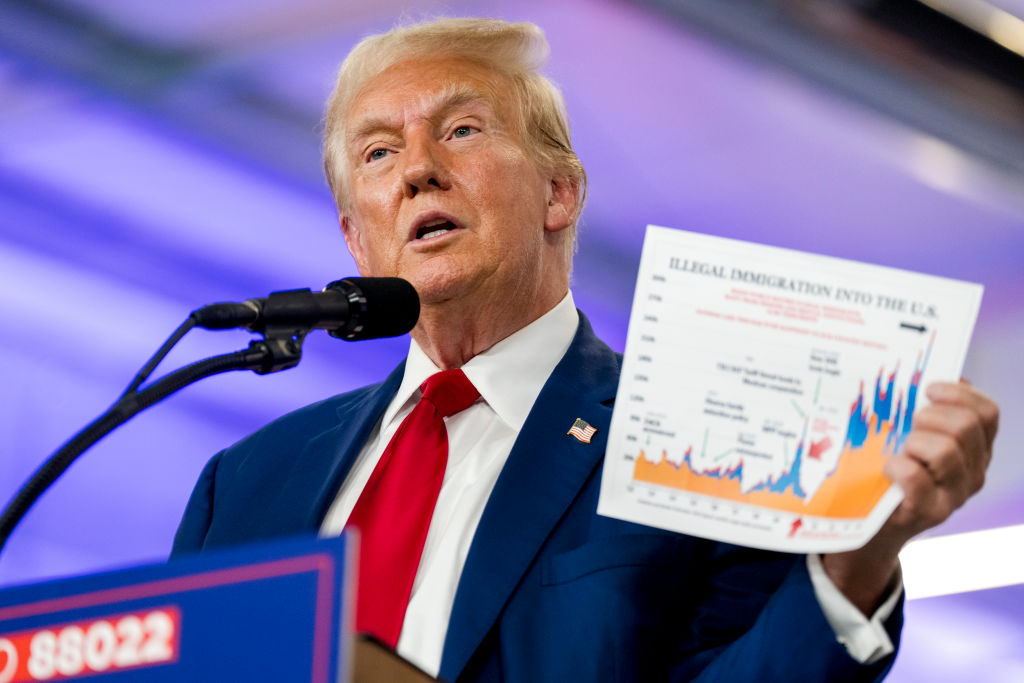Since the founding of the Republic, the average American, if asked to express in a single word what his country stood for, would likely have answered “Freedom!” (or “Fweedom!” as the childe Kamala spake all those many years ago). The so-called American Dream, a concept dating from the 1930s, has always been materialist in nature. H.L. Mencken predicted that the socialists would ultimately fail in their attempt to transform the United States into a Soviet paradise on the North American continent for the simple reason that every American hopes to become a millionaire before he dies.
Almost a century later, money is being progressively eclipsed in the pantheon of national values by power. “Enrichment” is a term employed mainly by educators from the level of kindergarten up to college and beyond, and by departments of education and culture. “Empowerment,” by contrast, is nearly ubiquitous and nauseatingly familiar across liberal Anglophone society. From what was once Edith Wharton’s Fifth Avenue to George Santayana’s Back Bay and eastward across the icy Atlantic to Wodehouse’s Blandings Castle in Shropshire, refined and educated progressive tongues savor the word deliciously, as if it were honey in the comb. Wherever good is being done in the world today, and the righteous cause of social justice served, people are being empowered right and left, and tens of millions more fixed in the sights of the militant empowerers.
The thing began with women’s empowerment, following immediately upon their liberation in the 1960s, and passed from there to the empowerment of blacks, Chicanos, Asians, indigenous peoples and every other minority group in the West; thence to children and the differently abled, to homosexuals and transitioned people; to atheists, Satanists and now — so it is rumored — to cannibals. There can never be enough in this world, it seems, of empowerment. Like the entrants in the Dodo’s caucus race, all of whom had won and deserved prizes, everyone today must be equally empowered against everyone else; a state of affairs which, if fully realized, would logically result in a massive jam-up of the empowered, all blocking one another’s way forward, backward and sideways to create a condition of absolute gridlock and impotent paralysis. This same situation threatens to happen also in the area of rights, owing to the endless discovery and legal recognition of new and hitherto unimagined rights for the few still-unempowered beings remaining.
But alas! When everyone has power, no one has power. When everyone has special rights, everyone’s rights contradict and cancel someone else’s, an unforeseen consequence that is creating problems for liberals (and everybody else) today, and chaos in society at large.
The late Claude Polin, professor emeritus of political philosophy at the Sorbonne, argued that in a democracy, every citizen is encouraged to regard himself as a king whose will should and would be sovereign were it not for the presence of his fellow citizens, each considering himself a king in his own right and with a will of his own that deserves equally to be acknowledged as sovereign, recorded in the statute books and obeyed. The problem is vastly aggravated in a pluralistic society that is identitarian as well as democratic, where every aspect of life is politicized, and where each of its millions of citizen-kings expects to exercise a defiant will of his own that may not be gainsaid.
In such a society, ruled by a political class whose aim is not simply to manage, or even improve, but to transform it (Joe Biden is said to entertain the ambition to be a more “transformational” president than his previous boss in the White House), power appeals to private citizens and holders of public office alike as the ultimate good, the Ring whose Lord they hope and aspire to be. Wealth is desirable in itself, of course, but where power is the single infallible way to it, as it has become in the progressive-plutocratic-democratic-post-capitalist world today, to him who possesses the second, the first shall unfailingly be given. The great majority of the House of Representatives are millionaires — and they are but lowly congresspersons, lacking the prestige of the Senate, the White House and the Supreme Court! Quod erat demonstrandum.
The paradoxical truth, widely unrecognized, is that the effective political power of the individual citizen in mass post-liberal societies is as much an illusion as his freedom is. One might almost say that the individual himself comes close to being an illusion, increasingly indistinguishable by other individuals, by government and even by himself in the moiling, “diverse,” rivalrous and resentful mob that presses upon, jostles, constrains and occasionally tramples him. Thus is made of the post-liberal myths created and purveyed by our illiberal system an anthology of cruel jokes that only the public class recognizes and at which it alone laughs in the highly restricted private sanctuaries of public life.
Had our current vice-president married Douglas Emhoff while her stepchildren were aged in the single digits, it is fair to suppose that their first words would have been “Empowament!”
This article was originally published in The Spectator’s April 2023 World edition.



